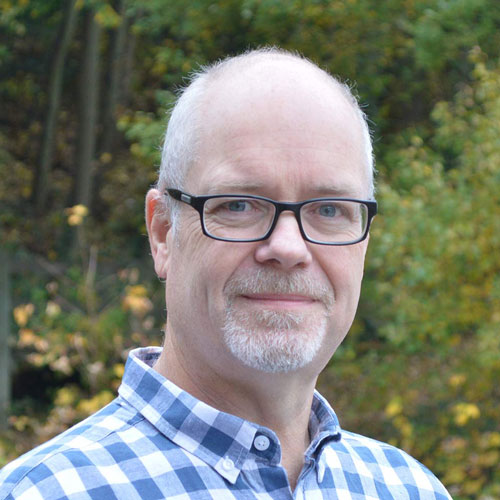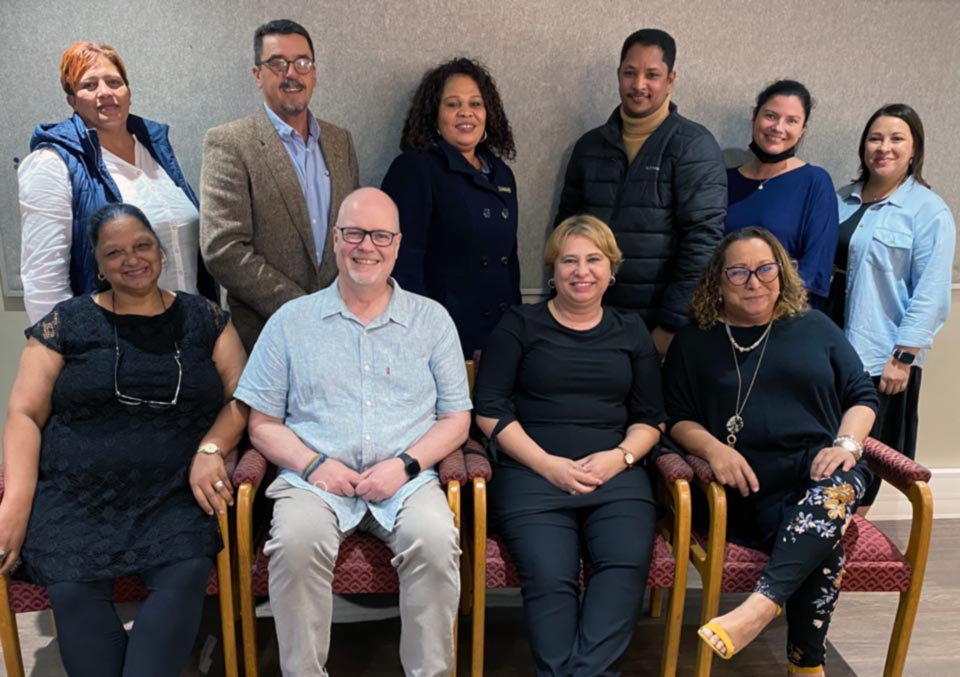
Developing a new research agenda with colleagues in South Africa

Jim Reid
HudCRES
Since the summer of 2021, I have been developing a new research partnership with Professor Nicky Roman and her colleagues at the Centre for Interdisciplinary Studies of Children, Families and Society, University of the Western Cape, Cape Town. Nicky is the first South African Research Chair (SARChI) in The Development of Human Capabilities and Social Cohesion through the Family and our research partnership is focused on the challenge of developing this new knowledge.
The focus of our ongoing discussions is family capabilities, that is, the freedom that people have to choose the resources they require to achieve wellbeing (Nussbaum, 2011).
One problem with a capabilities approach is that much of the theorising and academic endeavour to date has focused on individual capabilities. Yet, we know that capabilities also exist collectively, for example, in indigenous peoples’ movements for ecological justice (Schlosberg & Carruthers, 2010), and political self-determination (Murphy, 2014)
The most significant context where there is a lack of knowledge and understanding of how capabilities work is within families. In particular, we are interested in exploring:
- How capabilities are fundamentally valuable, especially for vulnerable families, for example, in encouraging resource sharing, increasing a family’s bargaining power, and creating a sense of strength within the family while motivating members to take part in decision-making.
- In what ways capabilities benefit the family at large.
- How the family provides the space to be and do in a group which can potentially support, enhance, and maintain the well-being of its members and of society.
- How the family collective offers the opportunity for shared resources, the basis for relationship building, preparation for life outside the family, and acts as the primary source of attachment, nurturing, and socialization.
- The ways in which families offer predictability, structure, and safety as members mature and participate in the community.
- The context of family need for capabilities to ensure that its members are doing well.
However, this isn’t only an academic exercise and at the end of March 2002 I was pleased to be able to visit South Africa to meet with Nicky and her colleagues and have discussions with Saldanha Bay Municipality, an hour and a half north of Cape Town. The meetings included officers from the municipality and a range of professionals working with vulnerable families, including, education, health, social development, justice, and social work. We discussed common experiences for many families – poverty, unemployment, violence, structural disadvantage in communities, race inequalities, stigmatisation, health, and the enduring collateral damage of Covid-19.
We agreed about the potential of developing research under a family capabilities agenda and with the objective of strengthening family capability as a resource for individual and family wellbeing and developing guidelines for families and stakeholders. The outcome is a new research partnership between Saldanha Bay Municipality, the Centre for Interdisciplinary Studies of Children, Families and Society, and HudCRES to lead on growing and utilising the concept of family capabilities.
We will support the municipality to develop a bottom-up approach to building knowledge, evidence, and skills, including enhancing their profile of the community, identify needs, strengthening capacity, and building knowledge of what works and why.

I will be working with Dr. Dimi Kaneva, also from HudCRES, to design and deliver a research skills training package to Saldanha Bay Municipality staff. This will build capacity within the municipality and develop a cohort of researchers we can work with in the future. With Nicky and her colleagues, we are pursuing a number of research funding opportunities - developing projects to understand how professionals in Saldanha Bay understand the concept of family, how professionals care for the children they work with, and methodologies for exploring capabilities from a child’s perspective. Our aim is that these projects will be the foundations for a larger, longitudinal, comparative study to explore the genesis of the family of young people through these turbulent post-covid times towards wellbeing.